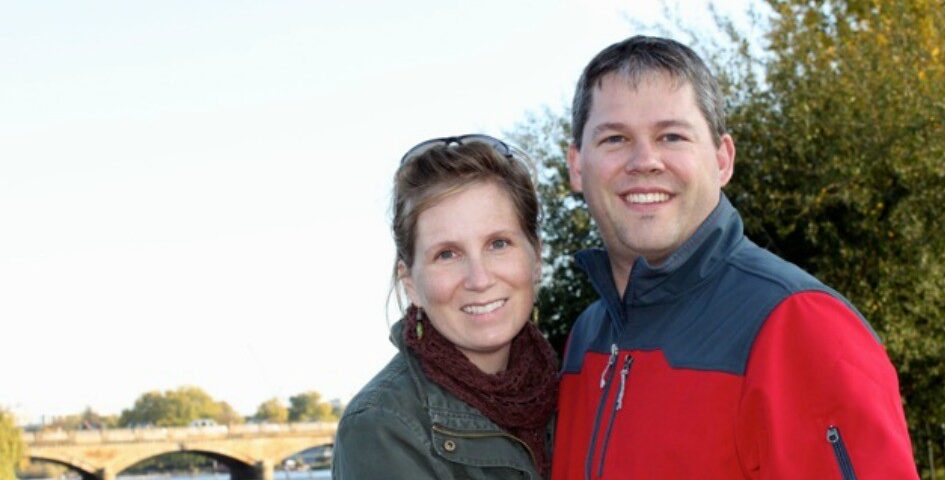Hi, I’m Sarah. I grew up the firstborn of a protestant preacher. As a child, I heard the still small voice of God. I sensed his calling to be a herald of the good news of salvation. I received blessings and prophetic words about the power of my voice and a commission to bring people to Jesus. People followed me.
The irony is that our tradition only allowed for male leadership. As a child it never occurred to me that I couldn’t do the things I wanted to do because I was a girl. Perhaps God himself sheltered me from that realization, leaving my hope intact. We were part of a beautiful faith tradition, and to this day I thank God for a hefty foundation of faith, hope and love.
All of that was tested when I moved to Salt Lake City in 1993. I came to Utah for college and joined a local congregation that shared my family’s faith tradition. In college I learned about the suffragists and women’s rights, and I became deeply troubled by the history of exclusion in my Christian tradition.
A few years later, I sat in tears before my pastor during a pre-marital counseling session focused on marriage roles. I didn’t understand how my new role as a married woman would relegate me to being simply a helpmate to my husband. It was as if I no longer had any identity of my own, I was only supposed to help him reach his potential. On many levels the doctrine of my childhood and church no longer rang true to me, and this was devastating. How did I know what was true?
Thankfully, I found a sense of resolve that God was good, and that his goodness would lead me through this time of questioning. Meanwhile, little did I know that my church’s all-male leadership and the women who served alongside them were wrestling with the same questions.
After several years of intense debate, relational schisms, deep prayer, and re-reading of Scripture, my church leaders came to a unanimous decision that they had not understood God’s original intent for men’s and women’s roles, and that they had been wrong to exclude women and not recognize our authority in the church. For us, this wasn’t about God changing his doctrine; it was about fallible people misunderstanding God’s heart for his people.
In 2001, both my husband and I were ordained as ministers in our church. I now fully participate in the decision-making processes and leadership of the church.
The decision to ordain women has not come without a price. Many people felt that we were betraying scriptural tenets (and therefore, betraying God). When this discourages me, I remember the parable Jesus told as recorded in Matthew 25. He said of those who risked investing their talents, “Well done good and faithful servant. . . . Enter into the joy of the Lord.”
My prayer and support is for the women of the LDS Church who desire ordination. I know from experience that nothing is impossible for God. I believe that women should be ordained.






